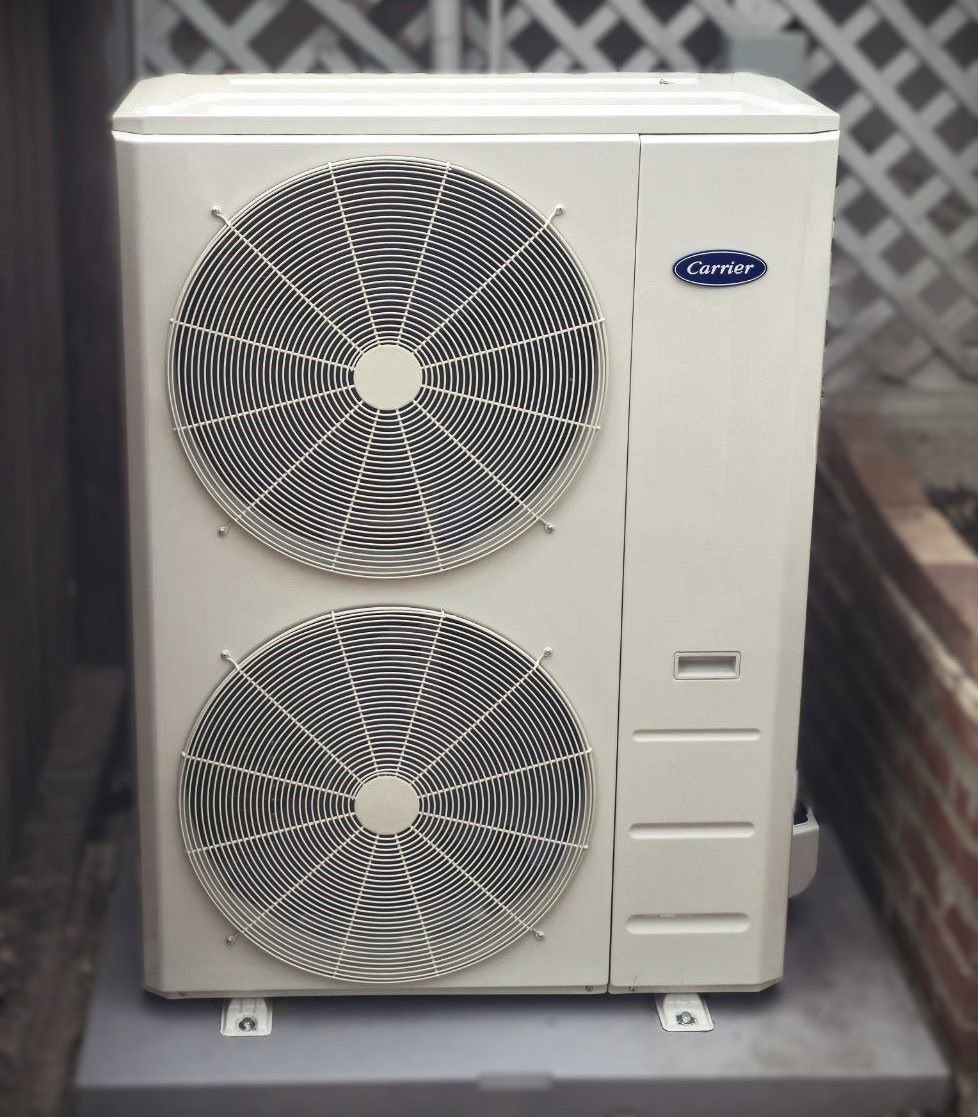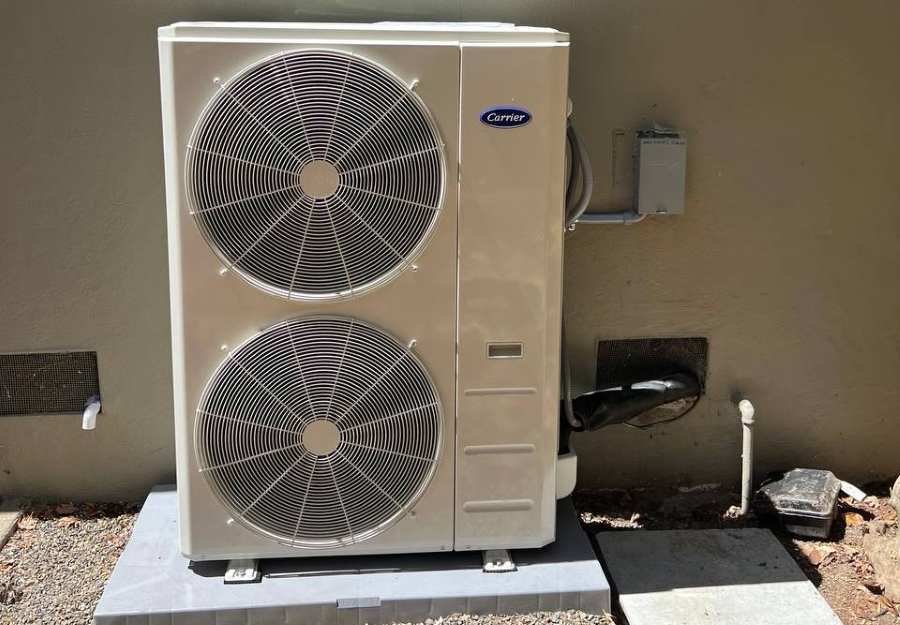Dispelling Myths on Heat Pumps vs Gas Furnaces
Misconceptions Cleared for Making Better Heating Decisions 🌡
Choosing the right heating system—heat pump or gas furnace—can significantly impact your home’s comfort and energy consumption. Here are eight common myths about which heating system is best, either a heat pump or a gas furnace, to make an educated decision, considering your regional climate, home infrastructure, and personal preferences.
Myth #1: Gas Furnaces Are Universally Best for Home Heating
Truth: While gas furnaces excel in extremely cold climates, they may not be necessary for homes without existing gas infrastructure or in milder regions. Conversely, heat pumps offer efficient heating in less severe conditions and are adaptable to homes lacking gas lines.
Myth #2: Heat Pumps Are Merely Air Conditioners
Truth: Beyond cooling, heat pumps reverse their operation in colder months to provide heating, distinguishing them from standard air conditioners.
Myth #3: Heat Pumps Cannot Efficiently Heat Homes
Truth: Modern heat pumps can efficiently heat even when temperatures drop to 0 degrees Fahrenheit. Integrating heat pumps with gas furnaces in a dual-fuel system for colder regions ensures optimal efficiency across varying temperatures.
Myth #4: Gas Furnaces Outperform Heat Pumps in Efficiency
Truth: Heat pumps may prove more energy and cost-efficient in climates experiencing mild cold (40-60 degrees Fahrenheit), challenging the efficiency of gas furnaces in these conditions.
Myth #5: Gas Furnaces Are Cheaper Than Heat Pumps
Truth: Initial lower costs of gas furnaces can be deceptive. Installation expenses can escalate if gas lines aren’t already present. Although potentially higher in initial cost, heat pumps may qualify for tax credits, enhancing their cost-effectiveness over time.
Myth #6: Only One Type of Heat Pump Exists
Truth: Diverse types of heat pumps cater to different heating needs:
- Air-to-Air: Ideal for uniform heating throughout the entire home.
- Ductless Mini-Split: Best for heating specific rooms or areas without the necessity for ductwork.
- Geothermal: Utilizes stable underground temperatures to heat homes efficiently, representing the pinnacle of HVAC system efficiency.
Myth #7: Carbon Monoxide Risks Are Similar for Both Systems
Truth: Unlike gas furnaces, which can emit carbon monoxide if not properly maintained, heat pumps do not involve combustion processes, thus eliminating any risk of carbon monoxide production.
Myth #8: Gas Furnaces Always Provide More Heat
Truth: The intense heat produced by gas furnaces can sometimes be excessive, particularly in regions with mild winters. Heat pumps generate adequate warmth more efficiently under such conditions, avoiding the energy wastage associated with the excessive heat output of gas furnaces.
Choose A+ Heating and Air
With accurate information, you can choose the heating system that best suits your home’s needs and environmental conditions. Misconceptions should not cloud your decision-making process, especially when considering such an important investment in your home’s comfort and efficiency. If you’re considering upgrading your heating system and need expert guidance or a competitive quote, contact A Plus Heating & Air at 📞 (916) 838-3748. Our experienced professionals are ready to assist you with top-notch advice and solutions tailored to your specific requirements, ensuring you choose the best possible option for heating your home efficiently and effectively.


